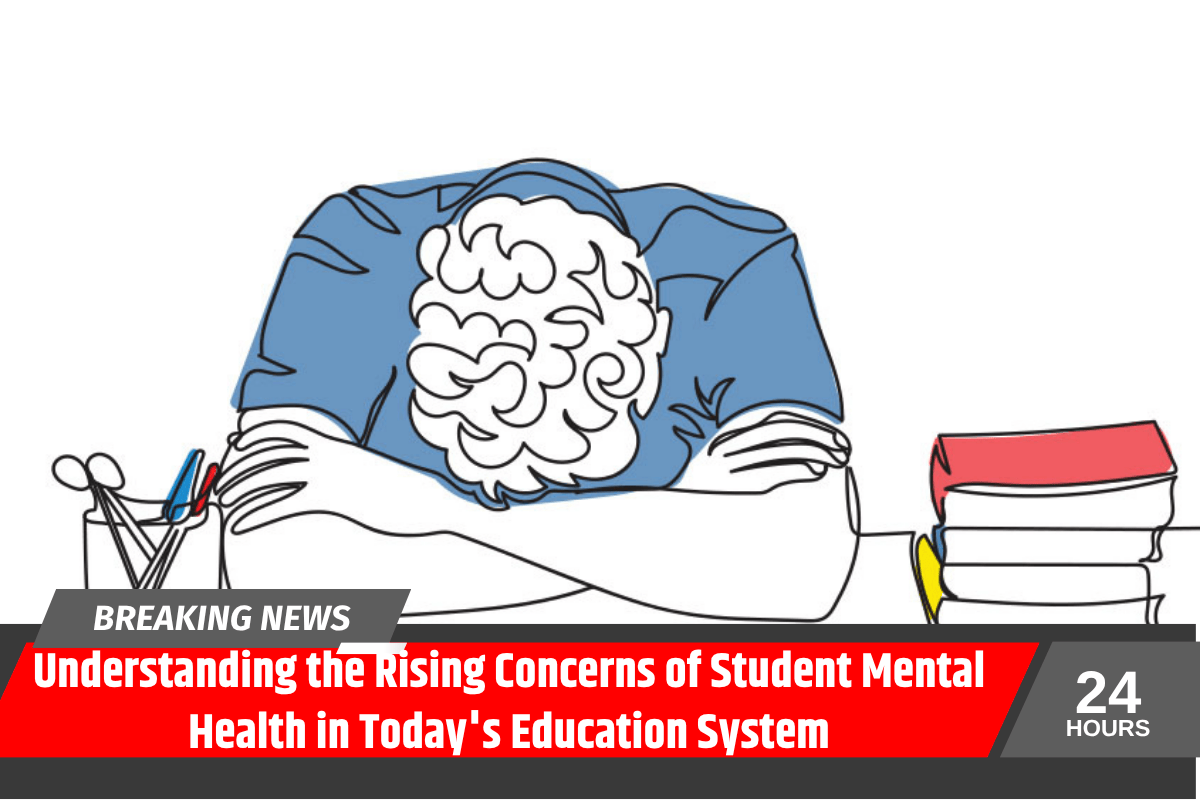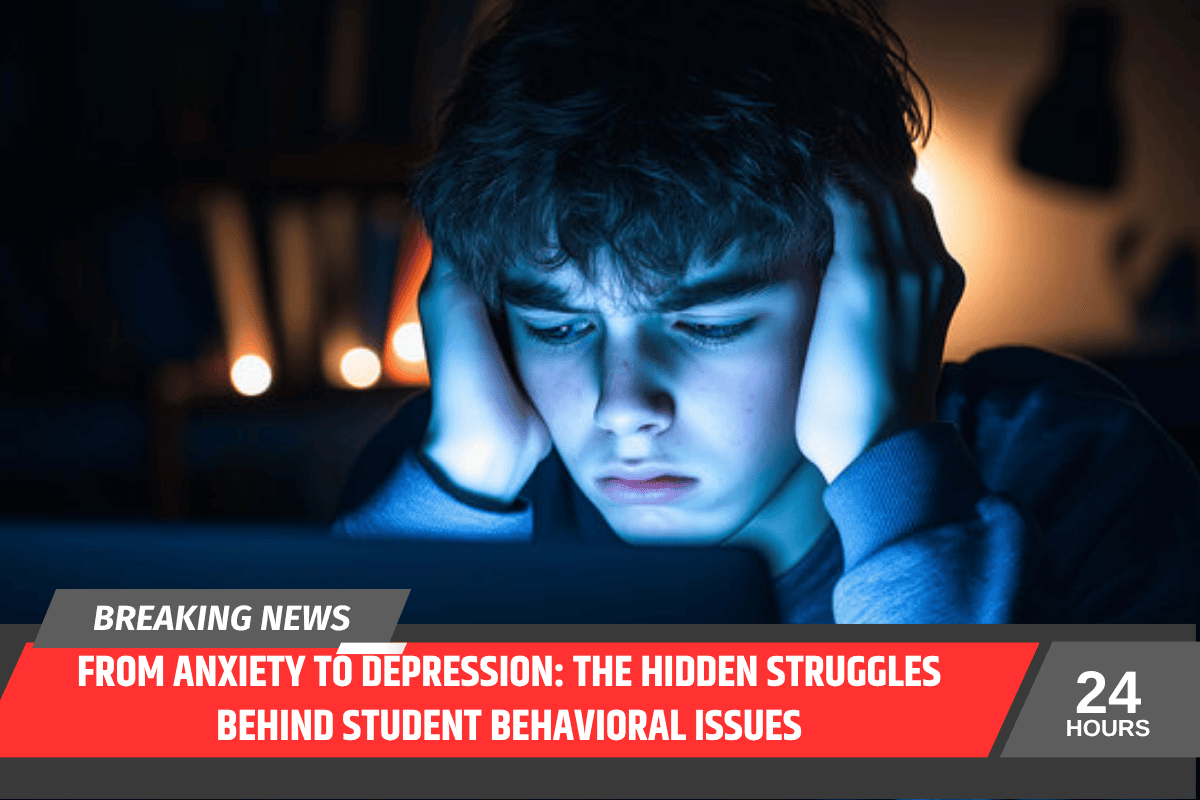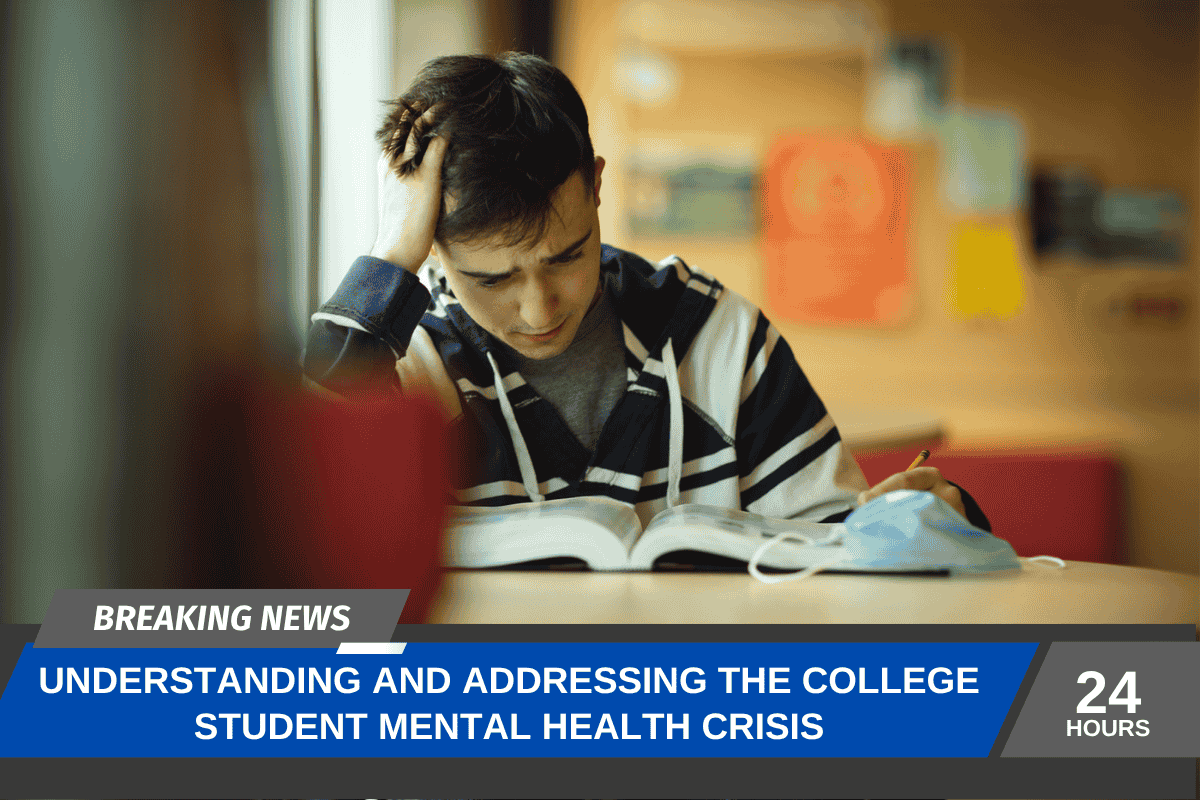Mental health is a vital part of overall well-being, influencing how we handle stress, work, learn, and engage with others. It is not just about the absence of mental disorders, but about living a life where people feel supported, capable, and able to contribute to their communities.
However, various factors—ranging from personal circumstances to societal issues—can either support or harm mental health. Let’s dive into the importance of mental health, the challenges faced globally, and the efforts being made to improve mental health care.
The Importance of Mental Health
Mental health goes beyond just the absence of illness; it is about thriving in life and being able to cope with the challenges that come your way. It helps individuals realize their abilities, learn, work effectively, and contribute to society.
The importance of mental health is both intrinsic and instrumental. On one hand, it is valuable for individual well-being, and on the other, it plays a critical role in community and societal health.
Good mental health allows us to build and maintain relationships, handle work-related challenges, and live meaningful lives. It is essential to recognize that mental health affects every part of a person’s life, including their emotional, social, and psychological well-being.
Factors Affecting Mental Health
Several factors can protect or undermine mental health. These can be individual, family-related, community-driven, or structural. For instance, someone who faces poverty, violence, or inequality may be more vulnerable to developing mental health issues.
Similarly, a supportive family environment or a strong sense of community can act as a protective shield against mental health challenges.
Although many people are naturally resilient, ongoing exposure to adverse circumstances increases the risk of mental health conditions. This can lead to difficulties in personal, educational, and work-related aspects of life, affecting overall functionality and well-being.
The Global Burden of Mental Health Conditions
According to the World Health Organization (WHO), in 2019, 970 million people worldwide were living with a mental disorder. Among these, anxiety and depression were the most common.
Mental health conditions impact all areas of life, including relationships, work, and education. They can also lead to more severe issues, such as increased risk of suicide and early death, with individuals suffering from severe mental health conditions dying 10 to 20 years earlier than the general population.
Moreover, mental health conditions have significant economic consequences. Productivity losses related to mental health are much higher than the direct costs of healthcare, meaning that poor mental health not only affects the individual but also has a wider societal and economic impact.
Mental Health Treatment Gaps
Despite the fact that many mental health conditions can be treated effectively and at a relatively low cost, access to care remains limited in many parts of the world. Healthcare systems are often under-resourced, and the quality of mental health care remains poor in many regions.
Stigma, discrimination, and human rights violations further complicate access to care, leaving many people without the support they need.
Mental health conditions are often misunderstood, leading to misconceptions and the social exclusion of those who are affected. This stigma prevents many individuals from seeking help, worsening their condition over time.
WHO’s Efforts to Improve Global Mental Health
The World Health Organization (WHO) has recognized the critical need for better mental health care and has taken significant steps to address this global challenge.
WHO’s Comprehensive Mental Health Action Plan (2013-2030) sets a framework for improving mental health through strengthening governance, providing community-based care, and promoting prevention strategies.
In addition, WHO’s World Mental Health Report: Transforming Mental Health for All calls for deeper commitment and action from all countries to improve mental health care.
The focus is on making mental health a priority, promoting prevention, and developing accessible community-based services.
WHO’s Special Initiative for Mental Health (2019–2023) aims to ensure that 100 million more people in 12 priority countries have access to quality and affordable mental health care.
This initiative is part of the broader goal of achieving universal health coverage for mental health.
Furthermore, WHO’s Mental Health Gap Action Programme (mhGAP) focuses on scaling up services for mental, neurological, and substance use disorders, particularly in low- and middle-income countries where the need is most urgent.
The Role of Human Rights in Mental Health Care
WHO has also emphasized the need for a human rights and recovery approach to mental health care. Through the QualityRights Initiative, WHO has developed a comprehensive package of training and guidance materials to support the implementation of these approaches.
This ensures that people with mental health conditions receive care that respects their rights and promotes their recovery in a dignified and effective manner.
Mental health is crucial for individuals and societies alike, as it influences every aspect of life. The challenges are significant, but global efforts, particularly those spearheaded by WHO, are working to bridge the gap in mental health care and ensure that millions of people have access to the support they need.
However, much more work needs to be done to eliminate stigma, improve care systems, and address the underlying social factors that contribute to mental health conditions.
By continuing to prioritize mental health and invest in preventive and therapeutic measures, we can create a world where mental health is a fundamental part of overall well-being.






